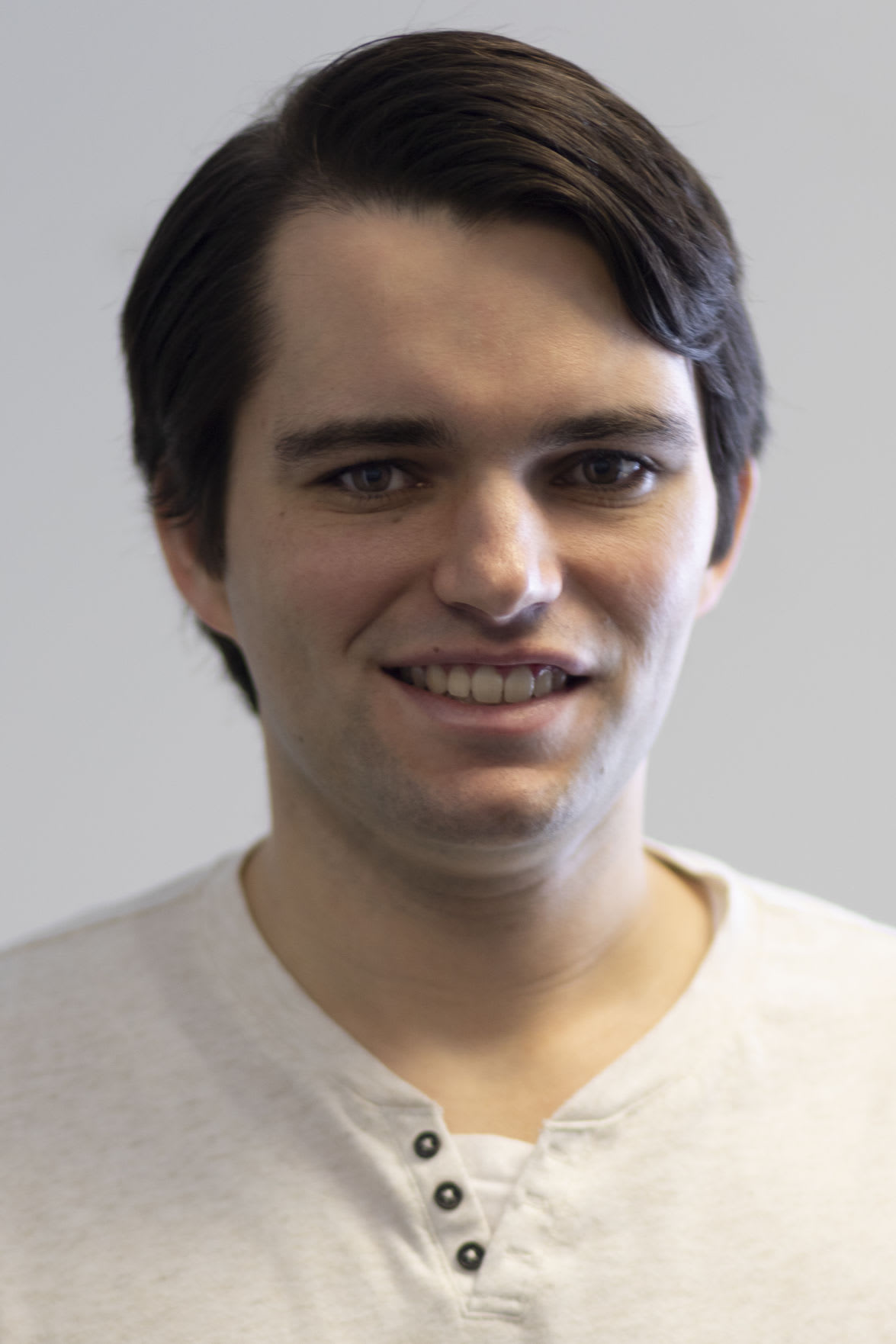Jack Swarbrick is no fan of having no fans at football games this fall.
In a Monday interview on ESPN’s Paul Finebaum Show, the Notre Dame athletics director dismissed the viability of a season without spectators, open to it only as a stopgap for a week or so.
“Potentially, I could see it starting that way,” Swarbrick said. “Maybe you’d say, ‘We’re going to play a game or two that way.’ I don’t think you can conduct a season that way. I think spectators are too central to the experience. I don’t think it would be fair to the students.
“I don’t like the idea of our game-day stadia just being television studios. They need to be alive with people in attendance.”
Swarbrick is, though, understanding of larger questions looming and his role in answering them. He would like to see fans. But that decision or recommendation will be shaped and influenced by people outside the scope of college athletics.
Any decision on spectators is still months away, and it’s one that could be irrelevant altogether if the season has to be moved, shortened or canceled if the coronavirus pandemic is not controlled to the levels health officials deem safe enough to play games. Swarbrick is aware he might have a relative lack of say in that matter in the end.
Still, he has an idea of how the process of changing the season or leaving it as is will work, and the questions that will arise while sorting through the endless considerations.
“There are two important parts” Swarbrick said. “The first is how a decision is to be made. We’re so different from any other sport entity. You have individual conferences and schools who all have to come together in some form or fashion to figure this out.
“Do we start the season if 60 percent of the members are in position to play, but 40 aren’t because the virus is too present in their state or community? This is going to start with health analysis.”
All told, a governing body that will make the decision for the entirety of college football does not exist. The conferences chose themselves to cancel their postseason winter and spring events, resulting in a constant stream of news March 12 that ended in an abyss of shuttered stadiums and halted careers.
It was unexpected just a couple days prior. Now, though, the possibility of an effect on college football has been present amid the uncertainty of the pandemic’s behavior, giving conference commissioners and other administrators ample time to discuss contingencies with each other.

With no football affiliation, Notre Dame has more to decide for itself as an institution and athletic department, and each ruling can start a domino effect. There has already been one important decision made. Swarbrick said Notre Dame has moved the first half of its summer term online in the same matter as the spring semester. Dorms and cafeterias are closed and campus will remain empty until July 6. A ruling on the second half will come in mid-May, he said.
“The decisions just cascade on each other,” Swarbrick said. “That has a big implication for every coach and program. What does it mean for summer camps? What does it mean for students returning to campus? What does it mean for the start of practice? Every day brings a new version of that. Some of it is new information you’re getting from a national health authority or government agency. Some is from your own campus.”
Much like Notre Dame head coach Brian Kelly, one of Swarbrick’s primary concerns is proper conditioning time before practice. Kelly, in a March SportsCenter interview, said in-person conditioning needs to start by July 1 for Notre Dame to realistically and effectively begin training camp in August. Swarbrick backed him up — and provided a timeline for deciding if that is permissible.
“We have to have a minimum of three weeks where we’re just conditioning before we even think about conducting a practice,” Swarbrick said. “Just those three weeks and three more weeks to prepare for football, that’s a month and a half. You have to know you’re going to have that month and a half sometime around a month and a half before that.
“You’re looking at a June 1 window where you have to get some decisions made.”

Notre Dame begins the season a week earlier than most because it is scheduled to play Navy in Ireland. Like everything else with college football, no change has yet been made with that game. It is still on for Aug. 29 at Dublin’s Aviva Stadium. It will fall on Navy and Notre Dame to make the decision. The game is technically a Navy home game.
“We don’t have any reason to think it won’t be [played there], but there’s so much to happen,” Swarbrick said. “In the first instance, it’ll be derivative of decisions made by college football generally. That’ll be issue one for us. Issue two will be how Ireland is doing.
“That’s the circumstance as we get closer to the game. Issue three will be relative to the two schools. Where are we? Are we in session? Are we able to prepare teams?”
----
• Talk about it inside Rockne’s Roundtable
• Watch our videos and subscribe to our YouTube channel
• Subscribe to our podcast on iTunes
• Learn more about our print and digital publication, Blue & Gold Illustrated.
• Follow us on Twitter: @BGINews, @BGI_LouSomogyi, @BGI_MikeSinger, @PatrickEngel_, @ToddBurlage and @AndrewMentock.
• Like us on Facebook.
